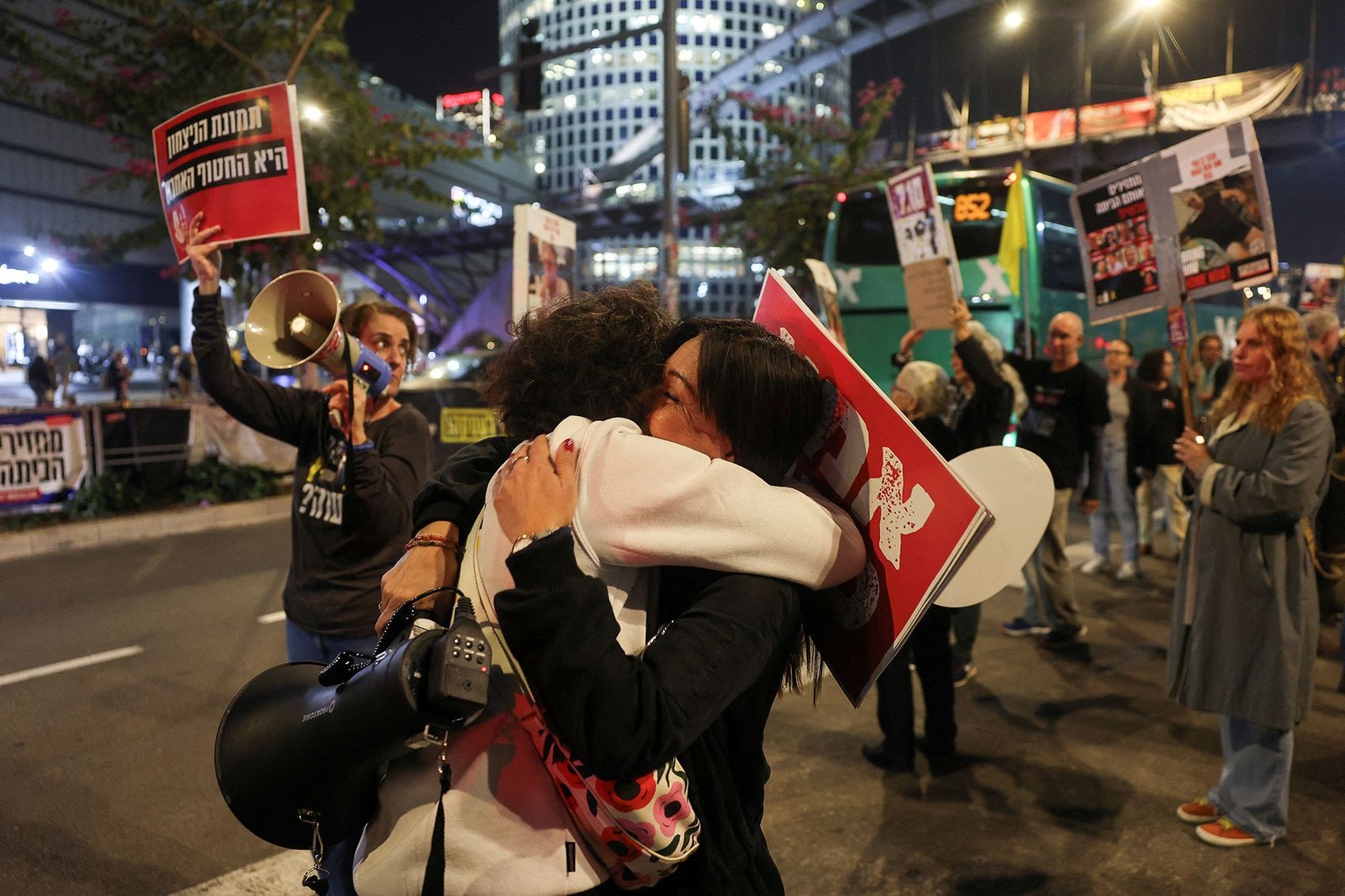MUSCAT: The Philippine government has clarified that its newly announced minimum wage regulations for overseas domestic workers will not be applied to those employed in Gulf countries. Philippine Secretary of Migrant Workers Hans Leo Cacdac explained that the decision aims to respect the labour frameworks of Gulf states while maintaining the country’s commitment to its overseas workforce. Rather than imposing a mandatory minimum wage, the government will allow wage levels to be determined by market dynamics, ensuring flexibility for both employers and Filipino domestic helpers in the region.
Cacdac highlighted that other requirements, including the annual medical examination for workers, will continue to be voluntary and funded by the Philippine government. This approach reflects an effort to balance worker protection with practical considerations of employing household staff in the Gulf, where Filipinos make up a significant proportion of the domestic workforce. Officials emphasized that Manila’s measures are designed to safeguard workers’ welfare without creating additional burdens for host countries.
The decision follows concerns raised by Gulf Cooperation Council (GCC) countries regarding the unilateral implementation of wage rules. Qatar’s Minister of Labour, HE Dr. Ali bin Saeed bin Smaikh Al Marri, noted that Gulf labour laws already provide robust protections for various worker categories. He stressed that introducing wage regulations without prior consultation conflicted with the spirit of existing bilateral agreements on labour recruitment and employment, which are intended to ensure fairness and cooperation between the Philippines and GCC states.
The recent clarification by Manila, coupled with assurances from GCC governments, is seen as a step toward reducing tensions and maintaining constructive dialogue on labour matters. Both sides reaffirmed their commitment to balancing the rights and interests of workers and employers while continuing cooperation in employment practices. Observers believe that this approach will help sustain the large Filipino workforce in Gulf countries while preserving strong diplomatic and economic relations between the regions.



